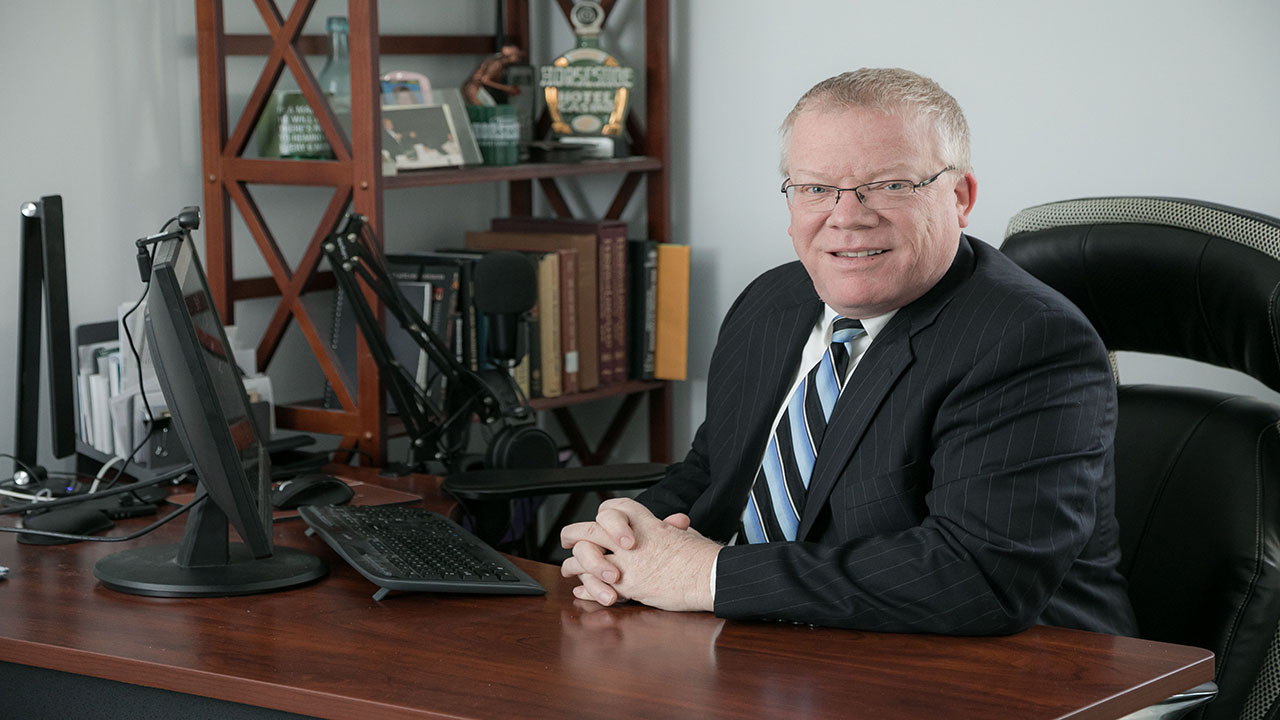
Why Does the Start of the School Year Vary So Much?
Labor Day used to signify the last hurrah before schools opened for the new academic year.
That’s not necessarily so anymore. This year, only a handful of states will begin classes after the holiday. The bulk of districts in most states started school in August. And in Arizona, Georgia, and Mississippi, most public school students returned to school at the end of July.
Why such differences among school start dates? The reasons vary. What’s best for students’ academic interests isn’t necessarily at the top of those lists.
Later start dates, more tourism dollars?
In recent years, state lawmakers have been at the forefront of efforts to return to or maintain post-Labor Day start times. Increasing summer tourism dollars is often a driving force behind these efforts.
In 2016, for instance, then-Maryland Gov. Larry Hogan signed an executive order mandating the state’s public schools begin classes after Labor Day. Hogan made the announcement from the boardwalk of Maryland’s resort town of Ocean City, suggesting that the later start date would provide a late-summer economic boost to the state’s tourism industry, give families more time to enjoy summer vacations, and prevent students from attending schools during the summer heat in buildings without air conditioners. In 2019 the Maryland General Assembly passed a bill overturning Hogan’s executive order, stressing that school start date decisions should be made by local schools and communities.
For the 2023-24 academic year, 16 Maryland school systems started before Labor Day, and nine begin after Labor Day. A posting on state education department’s website reads: “These decisions are made at the local education agency level with the input of stakeholders to best meet the needs of the school community.”
Virginia public schools’ start date shuffle followed a trajectory similar to Maryland’s. A state law in the 1980s, dubbed the “King’s Dominion Law” after a popular Virginia theme park, required public schools to start after Labor Day unless they obtained a waiver from the state. In 2014, then-newly elected Virginia Governor Terence McAuliffe fought to preserve the law, telling the Roanoke Times, “I’m very concerned about the tourism issue.”
In 2019, state legislation permitted schools to start as much as two weeks before Labor Day. The majority of the state’s districts now start in August.
Maintaining the status quo
While lawmakers’ goal of bringing in late-summer tourism dollars has been the driving force behind some states’ post-Labor Day school starts in recent years, some educators suggest that they are simply relics from the past. For instance, summer breaks became entrenched in the school calendar decades or even a century ago in part because, especially in urban areas, residents fled cities to avoid the heat.
“It’s honestly surprising to me that the school calendar remains generally untouched. This school calendar has been in place for decades in New York,” Michael Capuana, the district superintendent of Erie 1 BOCES, a service district in Buffalo, N.Y. told USA Today. “In many ways, it seems as though the rationale boils down to ‘we’ve always done it this way.’ ”
This explanation is in keeping with a theory known as “network effects,” where a given standard becomes more useful the more widely it’s adopted. Standardizing schedules can benefit school districts’ recruiting efforts, suggest Pew Research Center experts, as job seekers might be more likely to seek employment in a nearby locale if the schedules are similar. But district leaders aren’t necessarily the people making decisions on start dates.
A push for year-round school
Some education advocates would like to see a more dramatic change to the school schedule than simply starting back to school before Labor Day.
Joann Mickens, the executive director of the advocacy organization Parents for Public Schools, is among them. “I am one of the folks who believes we should move toward a year-round school model,” she said, “if we really believe that children’s focus should be on education.” (Mickens qualified her assertion by saying she was expressing her personal opinion and not necessarily that of her organization.) Education researchers have found that organizing the school year around shorter breaks can result in academic benefits, particularly for low-income students who may not have access to educational or enrichment opportunities during long summer breaks.
The balanced calendar schedule, a common model of year-round schooling, shortens the summer break and builds in regular breaks that allow time for remediation, enrichment, and accelerated programs throughout the year—generally resulting in the same total number of schools days per year, just distributed differently. As of 2020, only about 4 percent of the nation’s public schools followed a year-round schedule, according to the National Association for Year-Round Education.
Given that statewide efforts to move school start dates—even by a few weeks—have ignited fierce debates, it stands to reason that a more significant shift to a year-round schedule would likely result in even stronger resistance.
But critics of shortening summer breaks, whose arguments often include suggestions that doing so would disrupt family time and vacation opportunities, ignore the reality that many of today’s working families struggle to pay child-care costs during summer months when their children are out of school.
“I think oftentimes, not only do we not have students’ best interests in mind, we don’t check in with families,” Mickens said. “They [families] can best tell legislators whether or not starting school after Labor Day is a good idea.”
Dig Deeper With Our Longreads
Newsletter Sign up to get our best longform features, investigations, and thought-provoking essays, in your inbox every Sunday.
The MEN was founded by John Huber in the fall of 2020. It was founded to provide a platform for expert opinion and commentary on current issues that directly or indirectly affect education. All opinions are valued and accepted providing they are expressed in a professional manner. The Maryland Education Network consists of Blogs, Videos, and other interaction among the K-12 community.
Recent Video
Worc. Sheriff and SA recommend Schools Partner with SRDs to Trespass Any...
I this series of videos, I dive deeply into the recommendations that the Sheriff and State’s Attorney have put...







